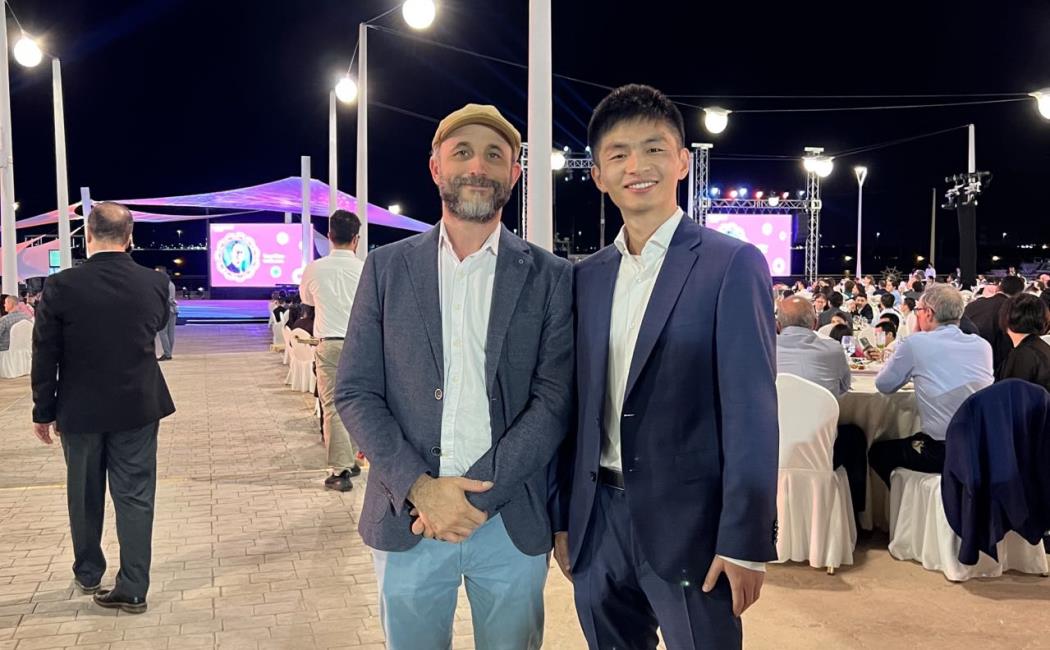


01 December, 2022
Congratulations to Ping Hu for successfully defending his thesis and receiving his PhD degree.
Thesis: New tools for the description of intra/inter laminar coupling in laminates: experimental evidence and modeling approaches
Abstract
Carbon fiber reinforced polymers (CFRP) are widely used in advanced industry, like aerospace, modern sports, and automobile. Compared to traditional metals, CFRP laminates have a higher strength to weight ratio and better corrosion resistance. Because of the heterogeneous and anisotropic behavior of CFRP laminates, their damage mechanisms include fiber/matrix debonding, diffuse matrix damage, matrix cracking, fiber breakage, and delamination. These damage mechanisms develop in different length scales and are deeply coupled with each other, especially the intra/interlaminar damage coupling. Therefore, a well understanding of intra/interlaminar damage coupling is vital for predicting integrity of laminated structures.
In this thesis, we design a two step test (tensile-DCB) on a cross ply to quantitatively study the influence of intralaminar damage on interlaminar performance. The intralaminar damage effect has proven to be two-fold on the interlaminar performance as the preset transverse cracks could lead to fiber bridging and also local delamination. Based on the experimental observation, a hybrid cohesive element is proposed to encounter the intra/interlaminar coupling in a pragmatic local way. The hybrid cohesive element not only calculate the out-of-plane separation but also the in-plane strain of the two surfaces of the interface elements, which could be used to estimate the intralaminar damage of adjacent layers. Meanwhile, the coupling damage in multidirectional delamination is also investigated through a modified double cantilever beam (DCB) test. A general hybrid cohesive element is developed, in which the influence of delamination direction on the local apparent toughness is also considered. Last but not least, we implement an experimental campaign to study the curing process effect on fiber bridging development in unidirectional mode I fracture. Through these studies, the intra/interlaminar damage coupling mechanism is better understood and the hybrid cohesive element prove its potential on simulation efficiency and robustness.
Bio
Ping received his bachelor and master’s degree from Beihang University. In 2018, he started Ph.D. study under the supervision of Prof. Gilles Lubineau in Mechanical Engineering Program, Physical Science and Engineering Division of KAUST. His research focus on the experimental calibration and computational damage mechanics for predicting the failure of laminated composites.